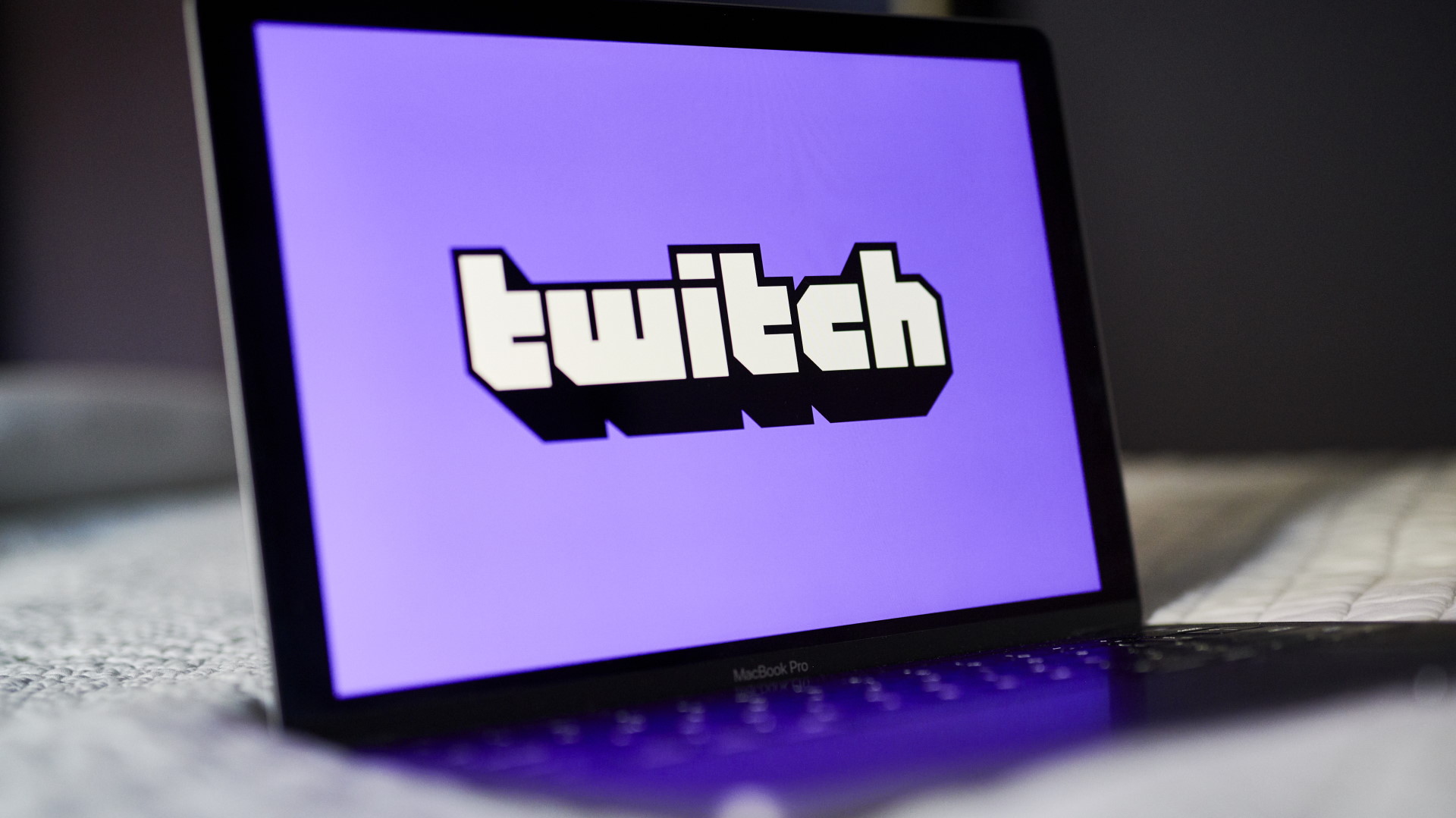'The answer is no'—Twitch moneyman rejects larger revenue cut for streamers
Content creators want the world's biggest streaming platform to get in-line with rivals' more generous rates.

One of this year's rumbling controversies around Twitch has been the platform's revenue split. Twitch takes a 50% cut of the subs revenue streamers earn on the platform, whereas competitors such as Youtube offer a more generous 70/30 split in favour of the streamer. There was a big community push earlier in the year, featuring the obligatory internet petition and given fuel by the fact Twitch had historically offered big streamers a better deal.
Twitch responded to this with a statement in September that said it would be moving away from the sweetheart deals (though of course left wiggle-room so it can still do them), and wouldn't be increasing the revenue split in favour of streamers. Now at Twitchcon, the company's chief monetisation officer has addressed the revenue split again, and essentially put some of what the company's already said in blunter terms.
Minton was asked about the topic during the 'Patch Notes' stage segment (thanks, Eurogamer), and his answer starts during this stream at the rough timestamp of 02:20:15. After some introductory fluff about hearing responses and how Twitch is "100% focused on helping to improve [streamers'] income" Minton directly addresses the sub-rev split.
"The question here is y'know 'why not'," says Minton, "and we did look at all possible options: could we do it, could we offer 70/30 widely and broadly? And the answer is no, [it] simply is not viable for Twitch or the long term, at least as we know things today."
Those words "not viable" may confirm what many suspect: Twitch has tonnes of money sloshing about in its ecosystem, but no-one really knows whether it's turning a profit yet. Which is where Minton goes next:
"Now the immediate response that typically follows is 'wait a minute, you're part of Amazon', but Amazon expects Twitch to survive and thrive as a sustainable business," says Minton. He then goes on to chat about the upside of Prime subs and make the argument that "you add that to the rev share on the paid subs it equals about 65%." I wonder how many streamers will buy that one.
The biggest gaming news, reviews and hardware deals
Keep up to date with the most important stories and the best deals, as picked by the PC Gamer team.
There's also a digression on what an "expensive endeavour [Twitch is] to deliver", which repeated the points made in the company's initial statement. Minton did at least give everyone a cheap laugh with a verbal fumble while addressing "the sub rev shit."
Head of Monetization at Twitch Mike Minton finally says outloud the truth about the sub revenue share pic.twitter.com/0ziICzYVtXOctober 9, 2022
Minton ends by saying that their stance is that the rev share split is part of a bigger question, going on to list all the Twitch tools that allow streamers "to make more money on the audiences you already have."
He ends by claiming the following: "For every viewer hour, if you look over the last five years, we've increased your revenue 27% year-over-year-over-year [...] so you're earning three times as much from the same community as you would have five years ago."
Yes that's audiences being discussed in frank accounting terms, but that's Minton's job and he was asked the question. It seems clear that, while the lid is by no means on this issue, Twitch is being firm in its position for now. The widespread discontent has also led to it making these arguments more transparently than it has in the past, at least, and some of what it says is true. Any notion, for example, that Amazon would happily subsidise Twitch as a loss-making platform seems like one for the fairies.
Elsewhere at Twitchcon, it's been all about a high-profile and upsetting disaster: a streamer broke her back in two places after jumping into a foam pit.

Rich is a games journalist with 15 years' experience, beginning his career on Edge magazine before working for a wide range of outlets, including Ars Technica, Eurogamer, GamesRadar+, Gamespot, the Guardian, IGN, the New Statesman, Polygon, and Vice. He was the editor of Kotaku UK, the UK arm of Kotaku, for three years before joining PC Gamer. He is the author of a Brief History of Video Games, a full history of the medium, which the Midwest Book Review described as "[a] must-read for serious minded game historians and curious video game connoisseurs alike."

